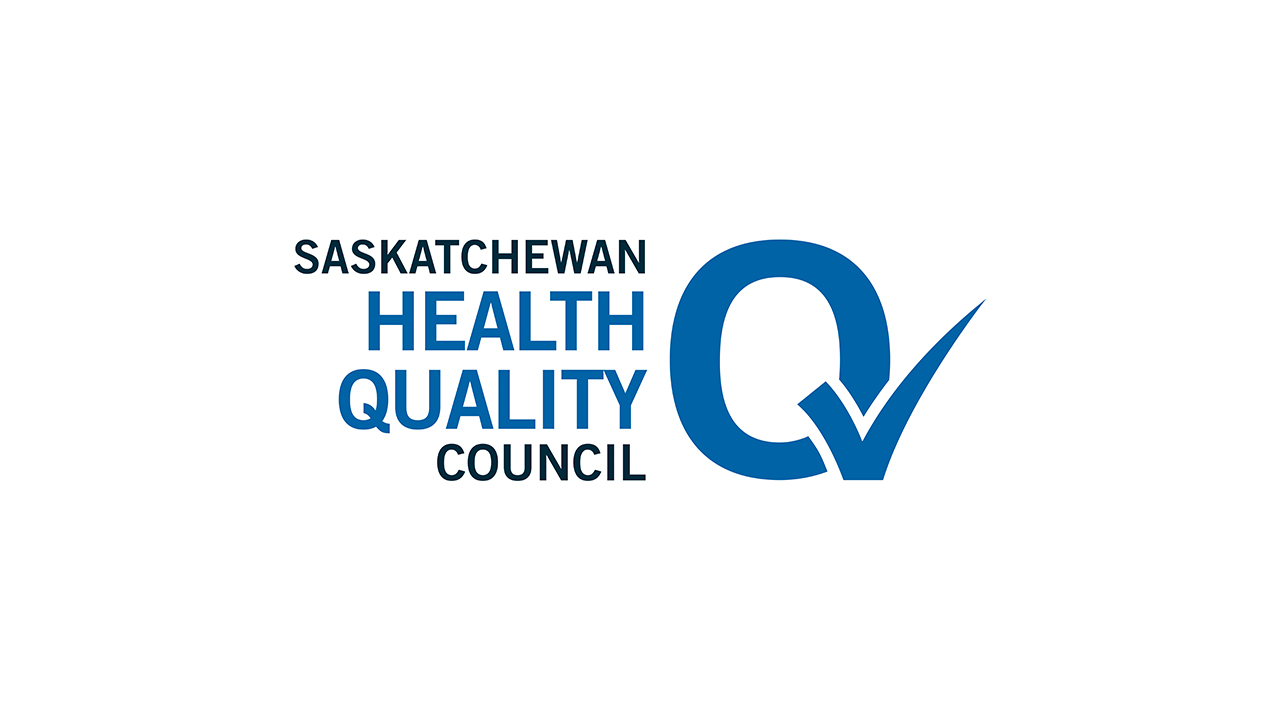Multidisciplinary rounds are becoming a well-established practice in the Regina Qu’Appelle Health Region. However, involving patients in these meetings to discuss discharge planning is not.
On Unit 3D at Pasqua Hospital in Regina, a team representing nursing, therapies, social work, and other services have traditionally met daily in a conference room to discuss the patient’s plan of care and discharge. Target dates for discharge are initially set on admission, using a database that lists standard lengths of stay for different diagnoses; these dates are reviewed and adjusted during the multidisciplinary rounds. However, patients were not being told the target date until team members had finalized the discharge plan. This typically took almost eight days, about the same as the average length of stay on this internal medicine unit.
As part of a recent Rapid Process Improvement Workshop (RPIW), a team involving managers, health care professionals and family advisors worked to reduce this delay, and consistently improve communication between the care providers and the patient. During an RPIW, teams use Lean tools to improve care processes.
Standard work was created to eliminate communications gaps, such as patients’ white boards not including their discharge date or action plan. Before the RPIW event, no white boards on Unit 3D listed a discharge date or action plan; after the five-day improvement event, only 11 percent did not include this information. The time from when discharge date is set to when patients are advised of this target was reduced from just under eight days to two minutes flat, as this information is now posted on the whiteboards on admission, and the date, care plan, and discharge goals are discussed daily in the multidisciplinary rounds.
The RPIW team working on Unit 3D adapted some other tools to facilitate communication with patients and encourage them to be more involved in their discharge planning, including an “Are You Ready to Go Home?” poster used elsewhere in the region. They also repurposed an existing pamphlet with information for patients and family members about discharge. However, the biggest achievement was getting the multidisciplinary rounds to the patient’s bedside.
The results achieved during the week-long workshop will be checked at 30, 60, 90, and 180 days, to ensure improvements have been sustained and are ready to be spread to other areas. If the gains aren’t being maintained, it’s a signal to ask questions, learn more – and try new ideas to get things back on track.
Marlene Smadu, a participant in the event and Vice-President of Quality and Transformation for Regina Qu’Appelle, said the improvement effort benefited from the involvement of its family advisors, Larry and Sharon Myers, and input from patients on the unit. “The new processes will serve patients and their families, as well as staff, to support the care plan in hospital and the preparation for home,” said Smadu. “Now our focus is on training and supporting staff and physicians, to embed these new practices over the longer term.” Larry Myers, one of two patient advisors, summed things up well: “We all want our patients to be happy, get healthy and to go home.”
July 11, 2013
Let patients help: Improving the discharge process on Unit 3D, Pasqua Hospital, RQHR



